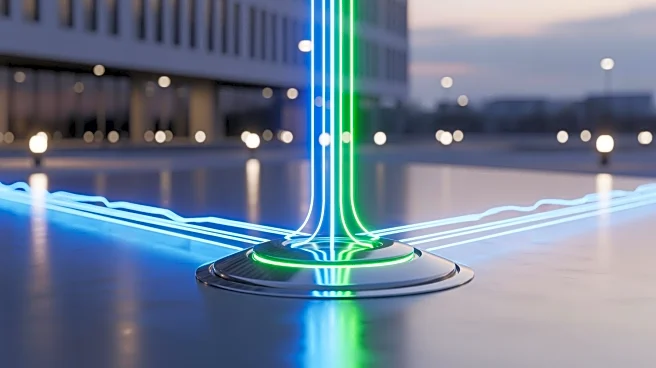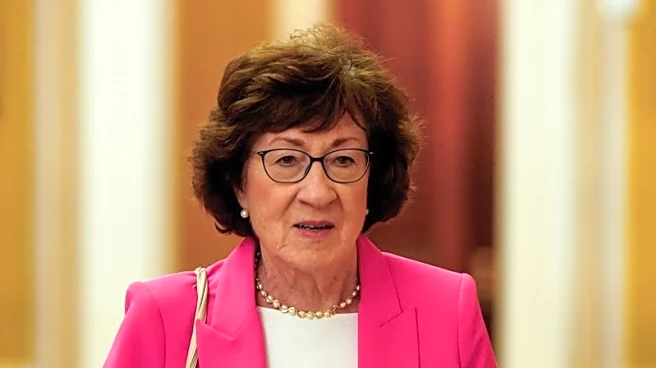What's Happening?
Volvo Trucks has introduced a new stop/start engine technology to improve fuel efficiency and reduce emissions in heavy-duty trucks. This innovation is part of Volvo's global decarbonization strategy. Meanwhile, the New Jersey Economic Development Authority
(NJEDA) has launched a $50 million program to expand electric vehicle charging infrastructure for commercial fleets. Harbinger has raised $160 million to scale medium-duty electric trucks, with FedEx placing an initial order for 53 vehicles as part of its fleet electrification goals.
Why It's Important?
These developments signify a major push towards fleet electrification and sustainability in the transportation industry. Volvo's new technology aims to reduce environmental impact, aligning with global efforts to combat climate change. NJEDA's program supports the transition to electric vehicles, which can lead to improved air quality and reduced operational costs for businesses. Harbinger's funding and partnership with FedEx highlight the growing demand for electric trucks, which are crucial for reducing carbon footprints and meeting future regulatory requirements.
What's Next?
The introduction of new technologies and funding initiatives is expected to accelerate the adoption of electric vehicles in commercial fleets. As more companies invest in electrification, the industry may see increased innovation and competition, driving further advancements in vehicle efficiency and sustainability. Stakeholders, including government agencies and private companies, will likely continue to collaborate on initiatives that support the transition to a greener transportation sector.















